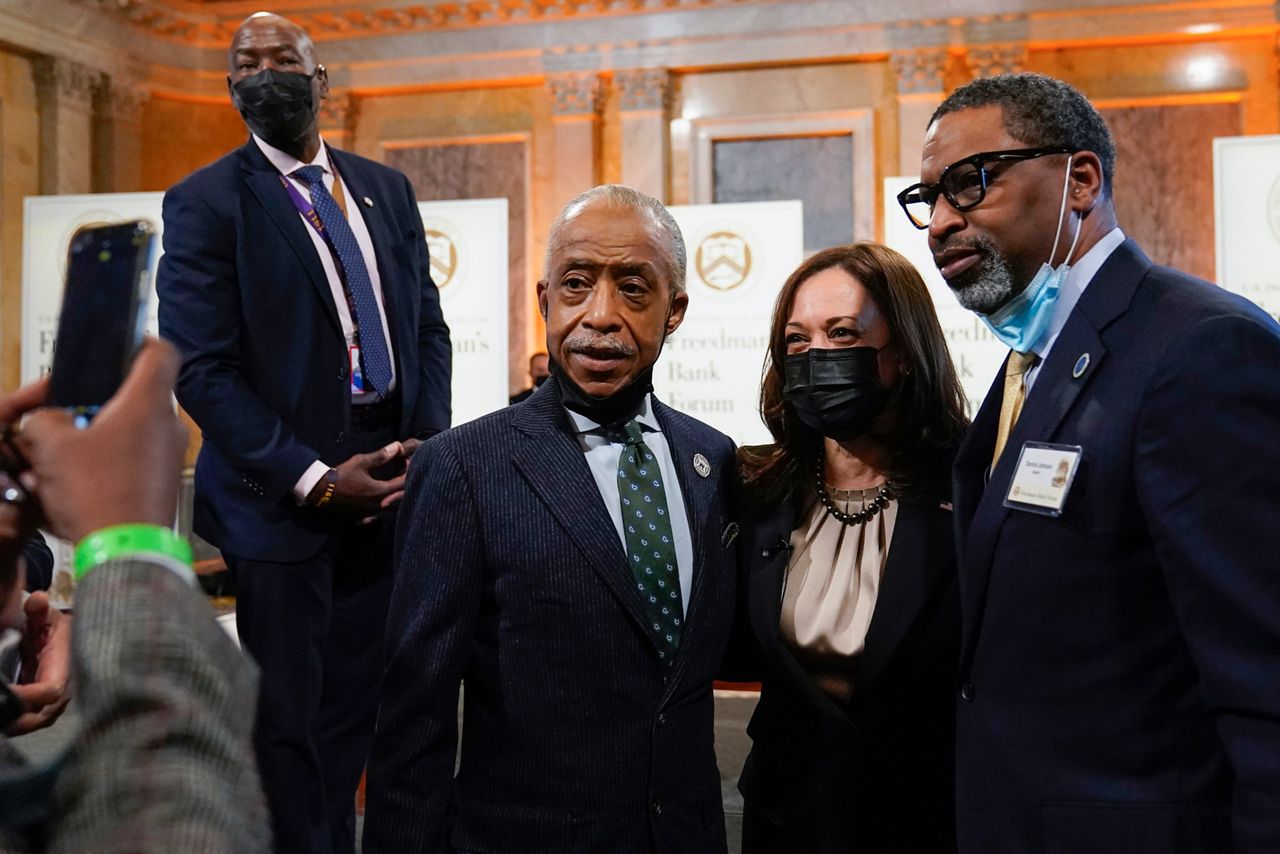The U.S. Senate voted in favor of lifting the nation’s debt ceiling by $2.5 trillion on Tuesday afternoon, which would keep the federal government funded until well after the 2022 midterm elections.
The final vote was 50-49 along party lines, with Wyoming Sen. Cynthia Lummis missing the vote due to illness.
The bill now heads to the House of Representatives for final approval, which could come as early as Tuesday evening.
Congress is now positioned to prevent the country from defaulting on its obligations for the first time in its history — and averting a possible economic disaster with potential global ramifications.
Treasury Secretary Janet Yellen had previously warned that the debt limit could be reached by Dec. 15 and the government would no longer be able to act on its obligations, urging Congress to act quickly. Yellen notified Congress that a default could result in “catastrophic” consequences for both the U.S. and the global economy, as well as stock markets.
Raising the debt limit does not authorize new spending. The Senate will also take action Tuesday to approve the annual military spending bill, which the House passed last week.
Leaders in both parties have agreed that Congress must take action to address the debt limit, but Republicans have also insisted that Democrats in the majority go it alone and take responsibility for raising the debt ceiling.
In October, Republicans joined Democrats on a short-term increase to increase the debt limit, kicking the can down the road to December, but warned they would not offer their aid to do so again.
Republicans urged Democrats to use the budget reconciliation process to pass an increase to the debt limit with a simple majority vote, but Democrats refused, saying the process could be cumbersome and pushed for a bipartisan agreement.
Last week, the House and Senate approved a measure that would temporarily allow lawmakers to fast-track an increase to the debt limit with a simple majority — rather than the 60 votes needed to overcome the Senate’s 60-vote filibuster threshold — clearing the way for all 50 Senate Democrats to vote to raise the debt limit, with Vice President Kamala Harris breaking the deadlock.
The agreement was the result of weeks of negotiations between Senate Majority Leader Chuck Schumer, D-N.Y., and Senate Minority Leader Mitch McConnell, R-Ky. — the accord between the two leaders enjoyed bipartisan support in the Senate.
“Last week, we advanced bipartisan legislation that will enable this chamber to address the debt ceiling on a fast-track basis,” Schumer said Monday. “The Senate will act tomorrow to prevent default.”
Schumer said Tuesday the debt limit will be raised by $2.5 trillion, which should carry the country until 2023.
McConnell said last week that averting a fiscal crisis is “in the best interest of the country” and “in the best interest of Republicans.”
But several Republicans were furious about the agreement and accused McConnell of caving to Democrats.
“What I’m worried about is that for four months the Republican Senate said we would not lift a finger to help the Democrats raise the debt ceiling, we would make them use reconciliation,” South Carolina Sen. Lindsey Graham, a staunch ally of former President Donald Trump, said on Fox News on Sunday.
“At the end, we did not make them use reconciliation, which changed the rules of the Senate in a House bill. I don’t like that a lot,” Graham continued. “What we did is promised one thing and delivered another.”
Trump, for his part, slammed McConnell in a statement last week: “Mitch McConnell, the Broken Old Crow, has just conceded, for absolutely nothing and for no reason, the powerful Debt Ceiling negotiating block, which was the Republicans’ first-class ticket for victory over the Democrats.”
The opposition to the debt limit will likely portend Republicans’ 2022 midterm strategy of accusing Democrats of racking up trillions in debt, despite the fact that the more than $29 trillion national debt was incurred by leaders of both parties – including a rise of roughly $7.8 trillion under former President Trump’s single White House term alone.
This is a developing story. Please check back for updates.




